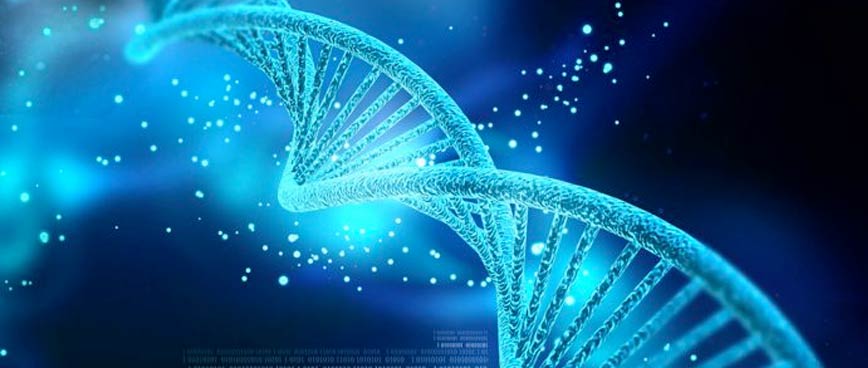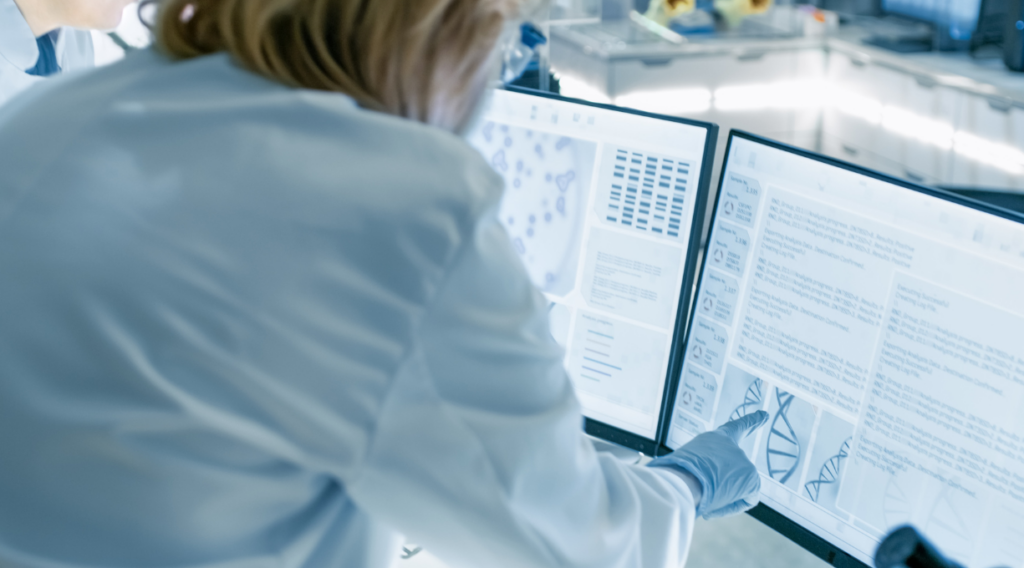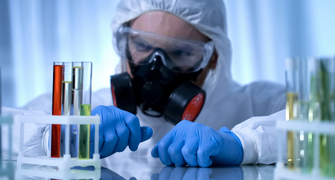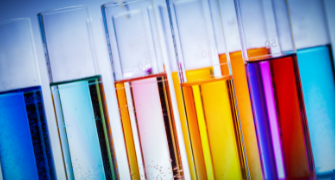Safety Assessment & Toxicology
Genetic Toxicology

Essential for assessment of genotoxic hazards
Genotoxicity (or genetic toxicity) refers to the mutagenic potential of a substance, or its ability to cause genetic mutations or chromosomal damage. Genotoxicity assessment is an essential component of the safety assessment of all types of substances, ranging from pharmaceuticals, industrial chemicals, pesticides, biocides, food additives, and cosmetics ingredients, to veterinary drugs, relevant in the context of international legislation aiming at the protection of human and animal health.
In general, the assessment of genotoxic hazards to humans follows a step-wise approach, beginning with a basic battery of in vitro tests followed in some cases by in vivo testing.

Frontage offers a portfolio of assays and designs to meet all regulatory requirements for IND in Genetic Toxicology testing.
Genetic Toxicology Testing
- Bacterial reverse mutation test (OECD TG 471)
- Ames test (GLP & Non-GLP)
- In vitro mammalian cell micronucleus test (OECD TG 487)
- Using TK 6 cell lines
- In vivo mammalian erythrocyte micronucleus test (OECD TG 474)
- In Rats and Mice (Blood and Bone Marrow)
Resources To Consider


GeneTox: A Pivotal Part of Safety Assessment

Genetic Toxicology

The role of genetic toxicology in drug development


